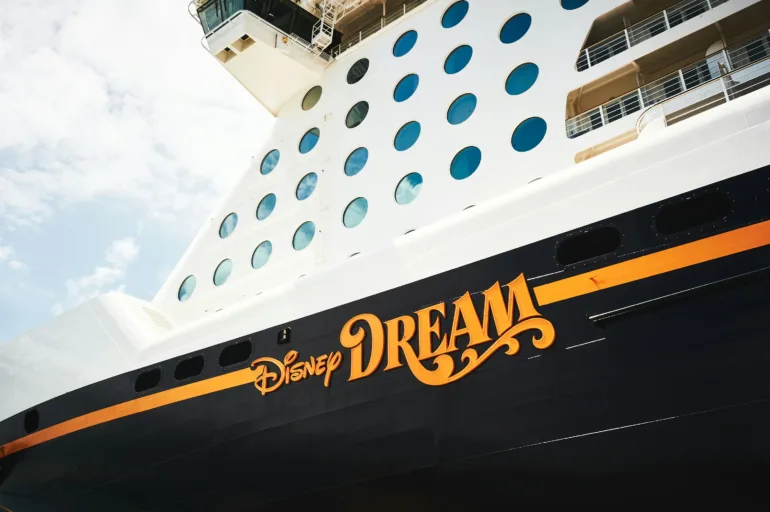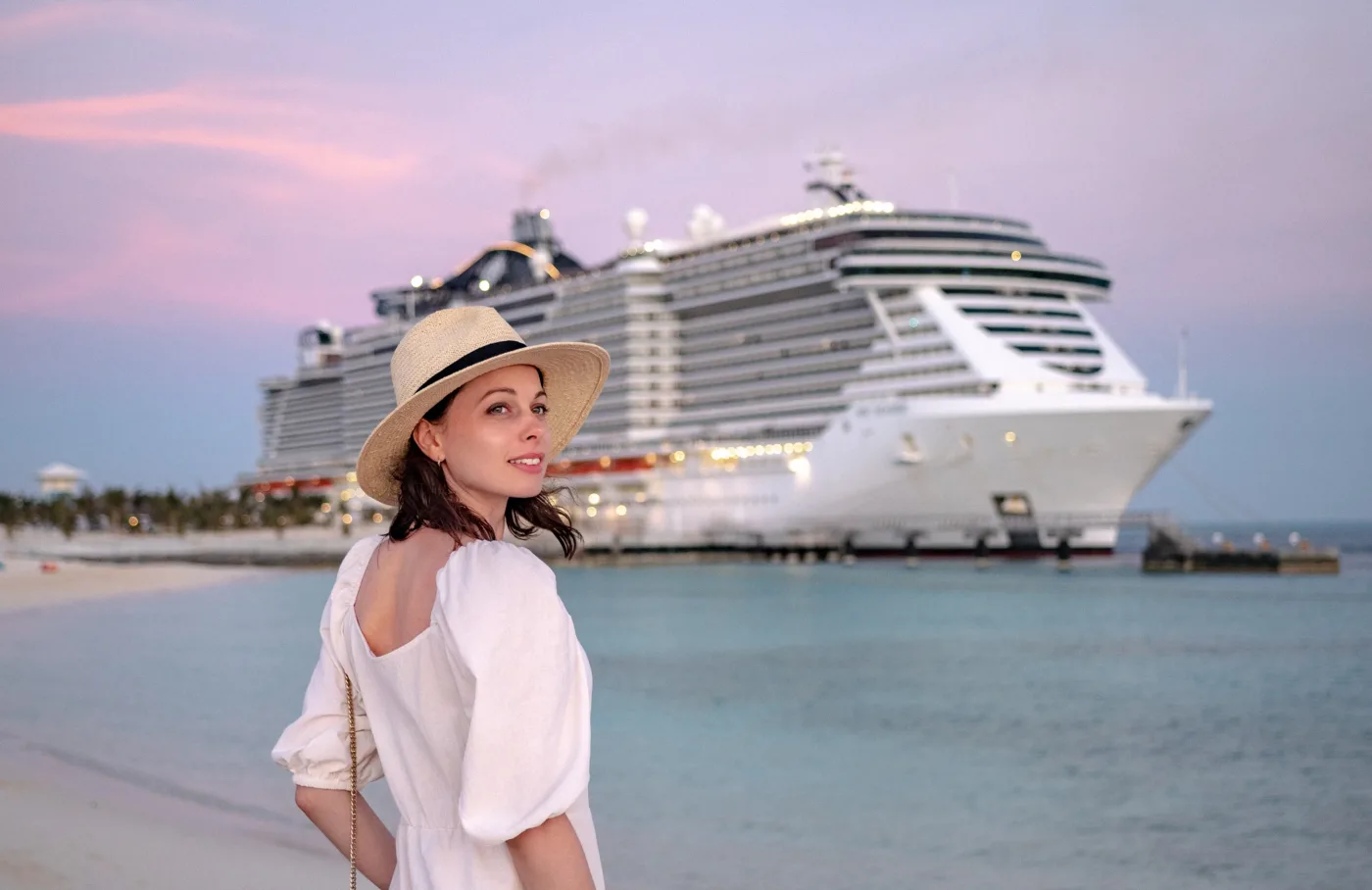Cruise rookie mistakes can be glaringly obvious—picking the wrong cruise—or a little more subtle.
Wondering what the rookie mistakes are when it comes to cruises? Although cruising is considered to be one of the easiest ways travels, as it requires quite a bit of planning, but there are some common mistakes that she attributes to beginners on their first sailing.
1. You don't choose a shipping company based on your fellow passengers
Individual cruise lines tailor their offerings to their clientele. This means that some cruises are more suitable for families, others for honeymooners or couples celebrating an anniversary. For example, Viking Cruises and Virgin Voyages only accept passengers over the age of 18, while some other luxury lines such as Seabourn and Regent Seven Seas are known for having very few children on their sailings.

2. Don't book dates based on price alone
There is a lot of variety among cruise lines, so it's important to remember that similar prices don't necessarily mean comparable experiences. For example, Disney Cruise Line is a great choice for active families with young children, while Azamara, on the other hand, is a better choice for couples looking for a relaxing and elegant experience. Reduced prices for certain sailings may also appear in a less popular season, which may mean traveling in less than ideal temperatures or with rougher seas.
3. Do not assume that all ships of one shipping company are the same
While all the ships in the fleet may look identical at first glance, you may find that the features and offerings vary considerably between ships. Especially with cruise ships of different years. Shipping companies classify their fleets by class, but even within a class there can be differences.

4. Don't book the wrong cabin
Choosing a stateroom category can be a difficult task—the largest cruise lines often have more than 20 different types of staterooms that vary in size and features. Carefully choose the cabin that suits your personal cruising style. Consider size, view, comfort and price. The lowest-priced cabins, for example, may be attractive, but you may end up missing a window or a bit more space. If you plan to spend most of your time out of the cabin and on land, this may be an acceptable compromise.
5. Pay attention to the location of the cabin
Consider where you will spend most of your time. If you will be at the pool for most of the day, then choose a cabin that is close to the pool complex. If you are prone to seasickness, choose the lower decks. Also avoid any noisy booths near a nightclub or pool. There is nothing worse than waking up at dawn to the crew cleaning the deck and preparing the sunbeds.

6. Do not fly on the day of departure
Unlike a land vacation, a cruise has a specific departure time. Ships rarely wait for delayed flights, so it is recommended to arrive at the boarding location a day early. The price of a night in a hotel is worth the peace of mind you will get in return.
7. Don't forget key items in your hand luggage
If you will be handing your luggage to the ship's staff upon boarding, which will then be delivered to your cabin, make sure you have everything you need for the first few hours on board in your hand luggage. Although cruise ships allow you to board in the morning, you may not see your luggage until the evening.

8. You don't follow the dress code
Although the dress code on cruise ships has changed, the cruise lines still have prescribed policies regarding evening dress. Most luxury lines thus ask passengers not to wear jeans, sneakers, flip-flops, T-shirts or shorts to dinner. Additionally, some lines have themed nights that you may want to prepare for in advance.
9. Don't forget to monitor your account on board
Nothing spoils the relaxed atmosphere on board faster than an unexpectedly high bill at the end of the cruise. If your cruise isn't all-inclusive, the many extra expenses can add up quickly. Gratuities, drinks at the bar, shore excursions, Internet access packages and spa treatments can add up quickly to the final bill.






